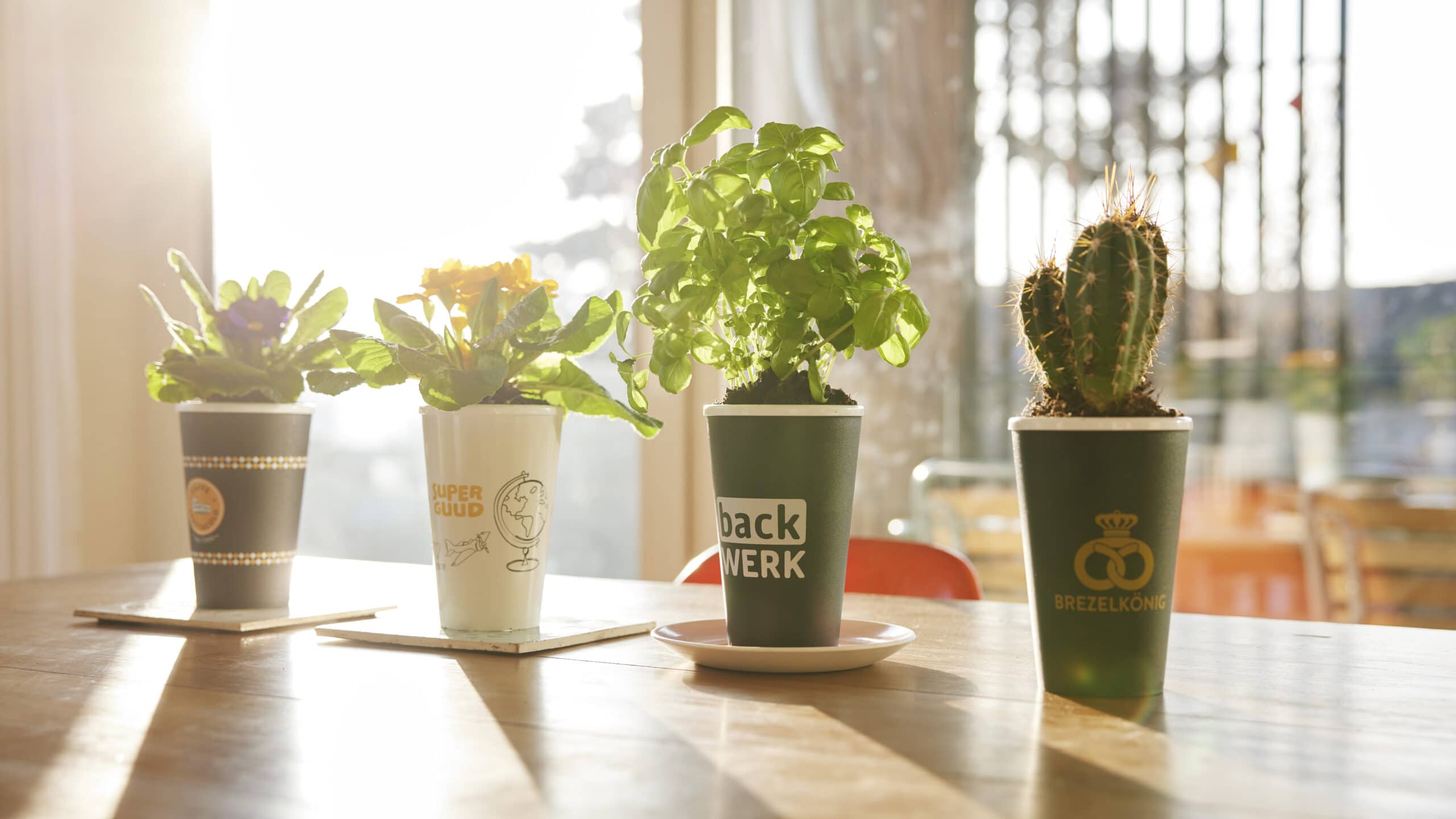Coffee is one of the top-selling products within the Valora Group and is still mostly consumed from disposable cups. This generates a lot of waste. Yannic Steffan, Head of Sustainability Management at Valora, explains how Valora is meeting this challenge as part of its sustainability strategy.
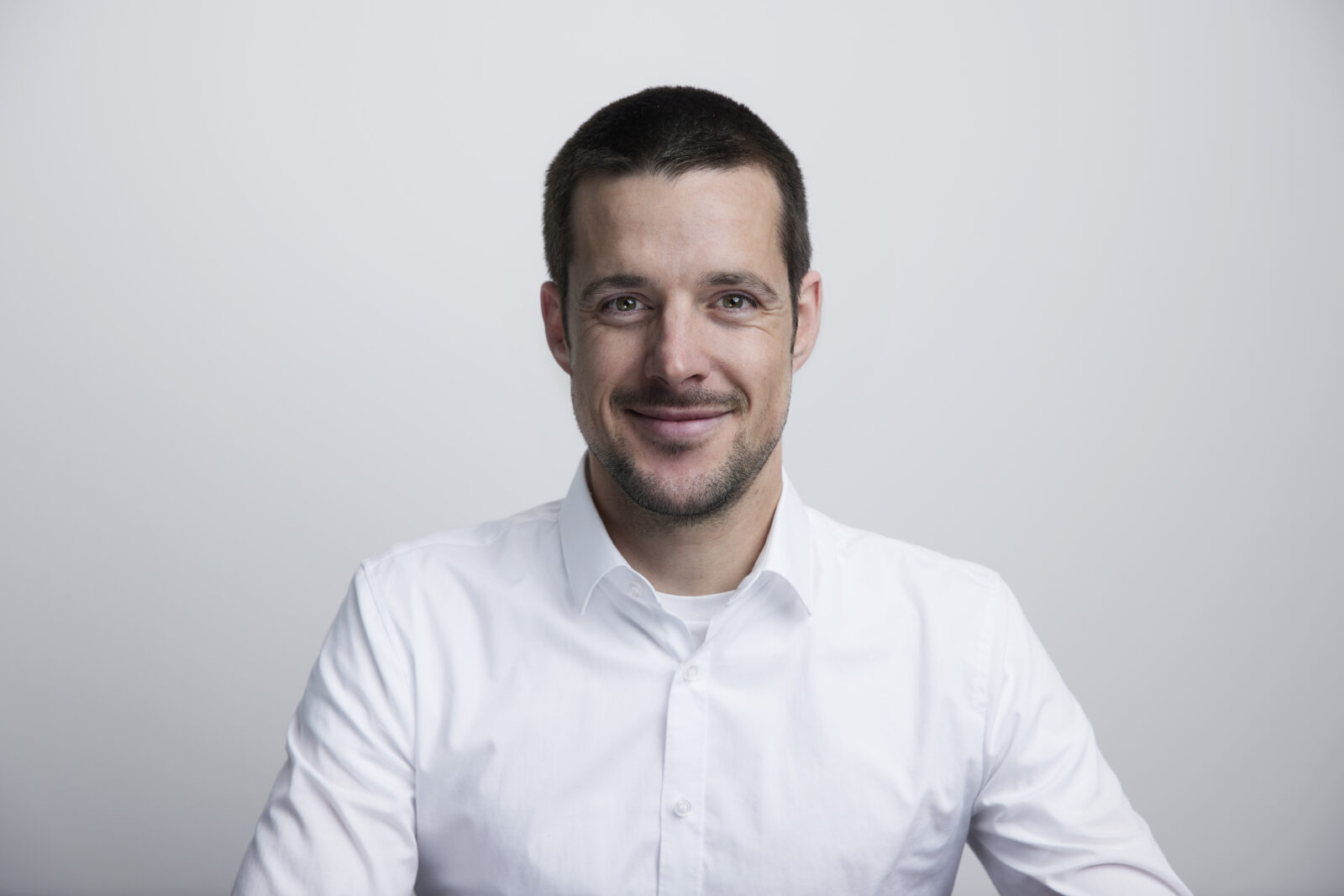
Mr Steffan, although the waste and resource problems of disposable cups are now well known, reusable cups are still very rarely used.
That’s true. Currently, only 2.4% of the hot drinks served in our sales outlets are bought to go in reusable cups. But a large proportion of our customers would be willing to purchase more ecologically and avoid unnecessary waste, for example.
So, what exactly is the problem?
From our customer feedback, we know that the most important criteria for using reusable cups are the weight, 100% closing capability and general ease of use. Unfortunately, no reusable models have yet been able to combine these three factors perfectly. And nothing yet beats the convenience of disposable cups – they don’t need to be packed separately, carried around for hours after use and rinsed out in the evening. So disposable cups do their job perfectly – except for the waste and resource problem.
How big is this problem for the Valora Group?
In 2021, disposable cups generated almost 300 tonnes of waste across the Group. If we could prevent just 10% of this by using reusable cups, it would correspond to a reduction of around 200 tonnes of CO2 per year. This is why we have defined packaging – particularly reusable cups – as a key issue in our sustainability strategy. Since coffee is one of our best-selling products, a good reusable solution would help us avoid a very large amount of waste straight away.
Are there no sustainable disposable cups?
Products that are discarded after one single use are rarely sustainable. But the negative ecological impact can certainly be reduced. Throughout the Group, we now only use single wall cups made from certified cardboard with a plastic coating. Cups made of polystyrene, a material which requires particularly large amounts of water and energy to produce, have been banned from our sales outlets for a long time. Most recently, we also tested a cup made of very thin wood.
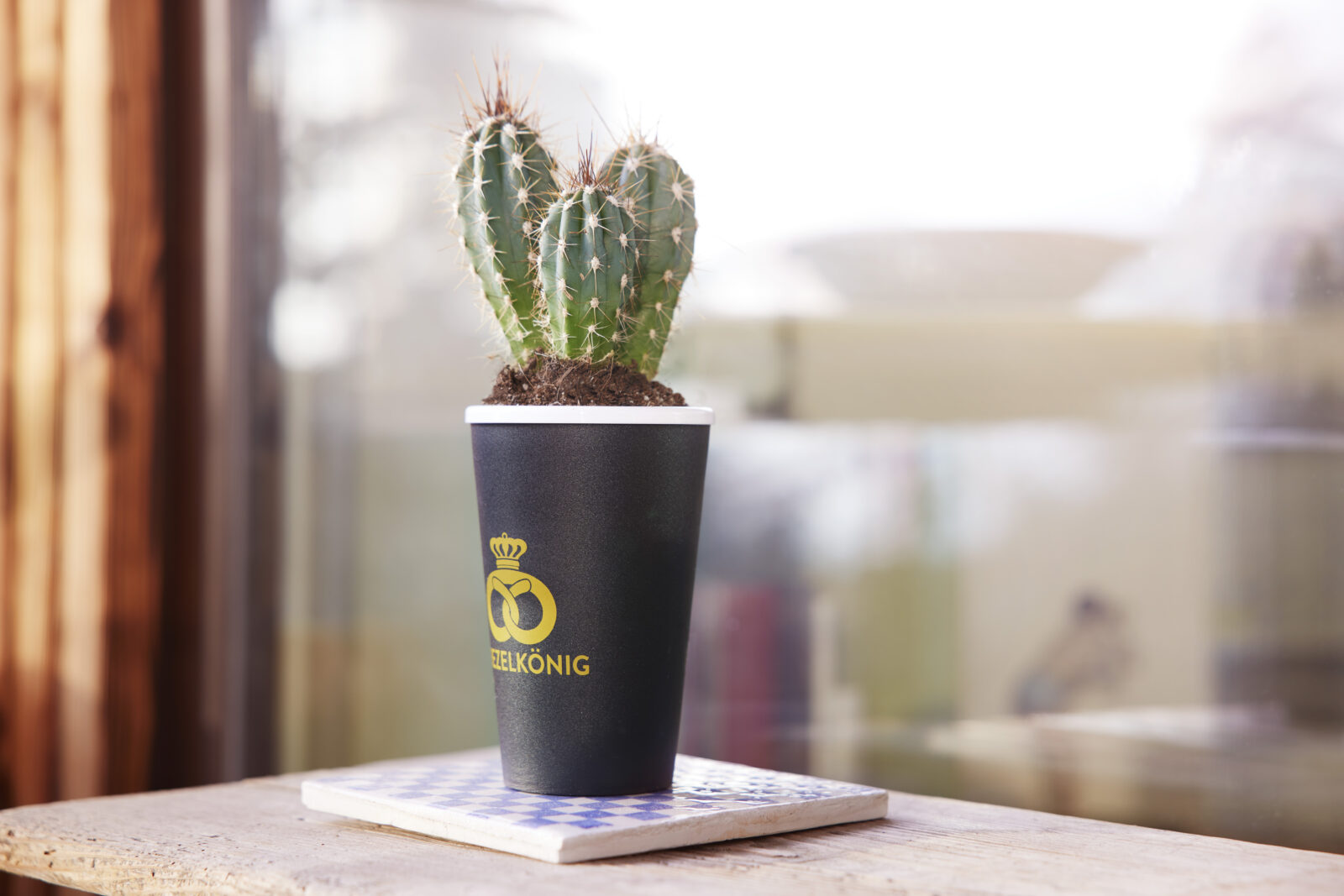
Is wood the solution?
Producing wooden cups actually generates less than half the CO2 emissions of paper cups. Customer feedback was also very positive in the tests conducted at the Caffè Spettacolo sales outlet in Biel (Switzerland). But they didn’t like the fact that the cup becomes hot when holding and the lid being still made of plastic. The manufacturer is also still working on cost-effective and scalable production.
What has Valora tried so far to convince customers to use reusable cups?
Discounts or free upgrades are available throughout the Group if you bring your own reusable cup. In addition, our sales outlets offer various models of lightweight, high-quality and inexpensive reusable cups. We’ve already tried out more than a dozen models and materials, from stainless steel to plastic and porcelain right through to pressed coffee grounds. That leaves plastic and stainless steel, which have good insulation, are robust and not too heavy.
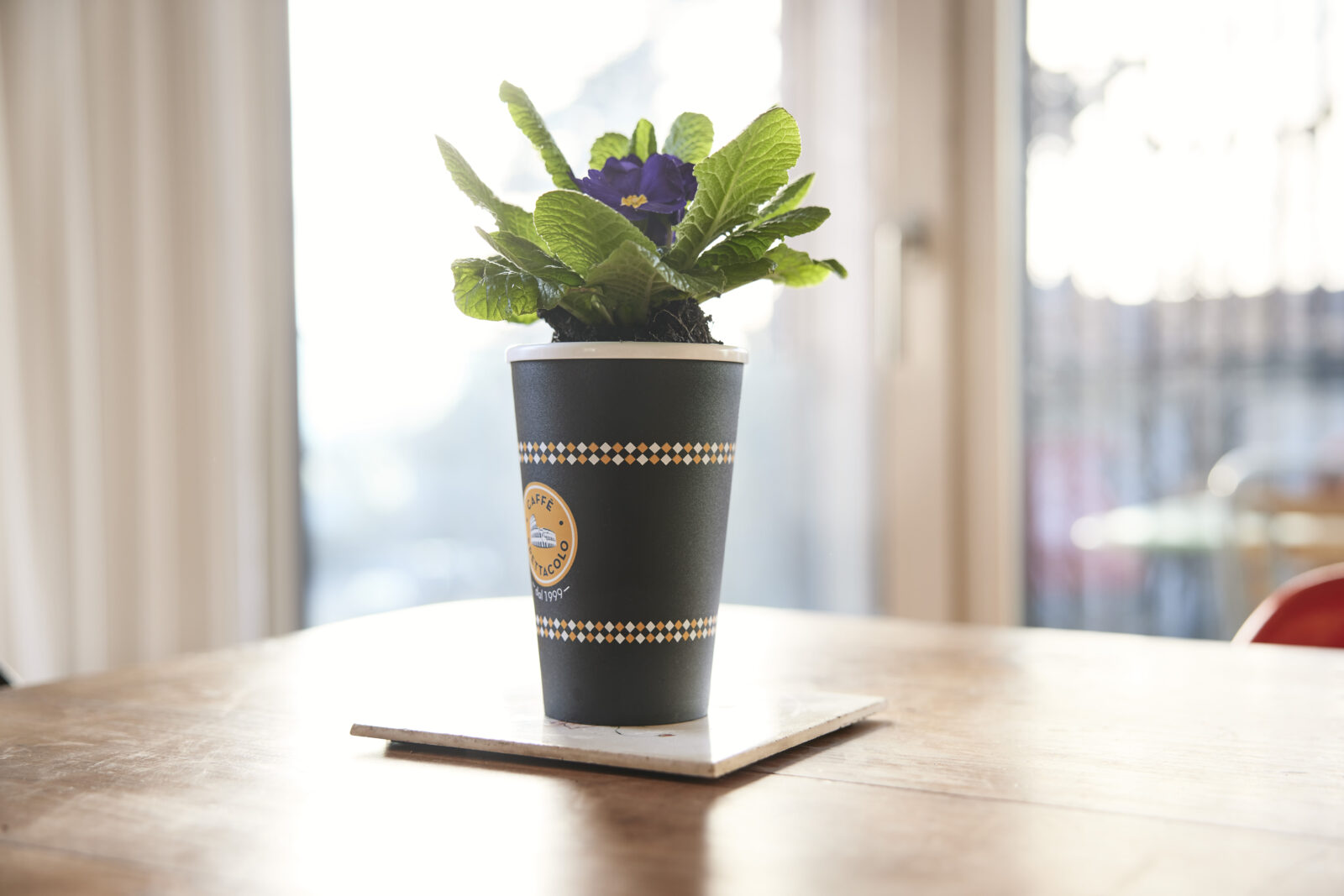
You are also involved in a pilot project with the Swiss Federal Railways SBB.
Yes, this utilises a reusable system from Kooky, which is very similar to the convenience of a disposable cup. It’s currently being tested at Basel and Zurich railway stations at our Brezelkönig, Caffè Spettacolo and SuperGuud outlets. The idea is for the same reusable cups to be used across all providers and to be handed back at return points. That means I can get rid of the cup as soon as I’ve enjoyed my coffee.
How exactly does this solution work?
Customers receive the Kooky cup for a deposit of CHF 1 when they purchase coffee, tea or hot chocolate. After use, they scan the printed QR code using an app and drop the cup into a return box. The box recognises the cup using RFID technology and credits the person with the deposit in the app. Customer feedback has been positive. What’s still missing is a larger network of return points in and around the stations. The food service bakery BackWerk launched a similar pilot project in Germany at the end of November 2021 together with the companies Relevo and Vytal, though without a deposit.
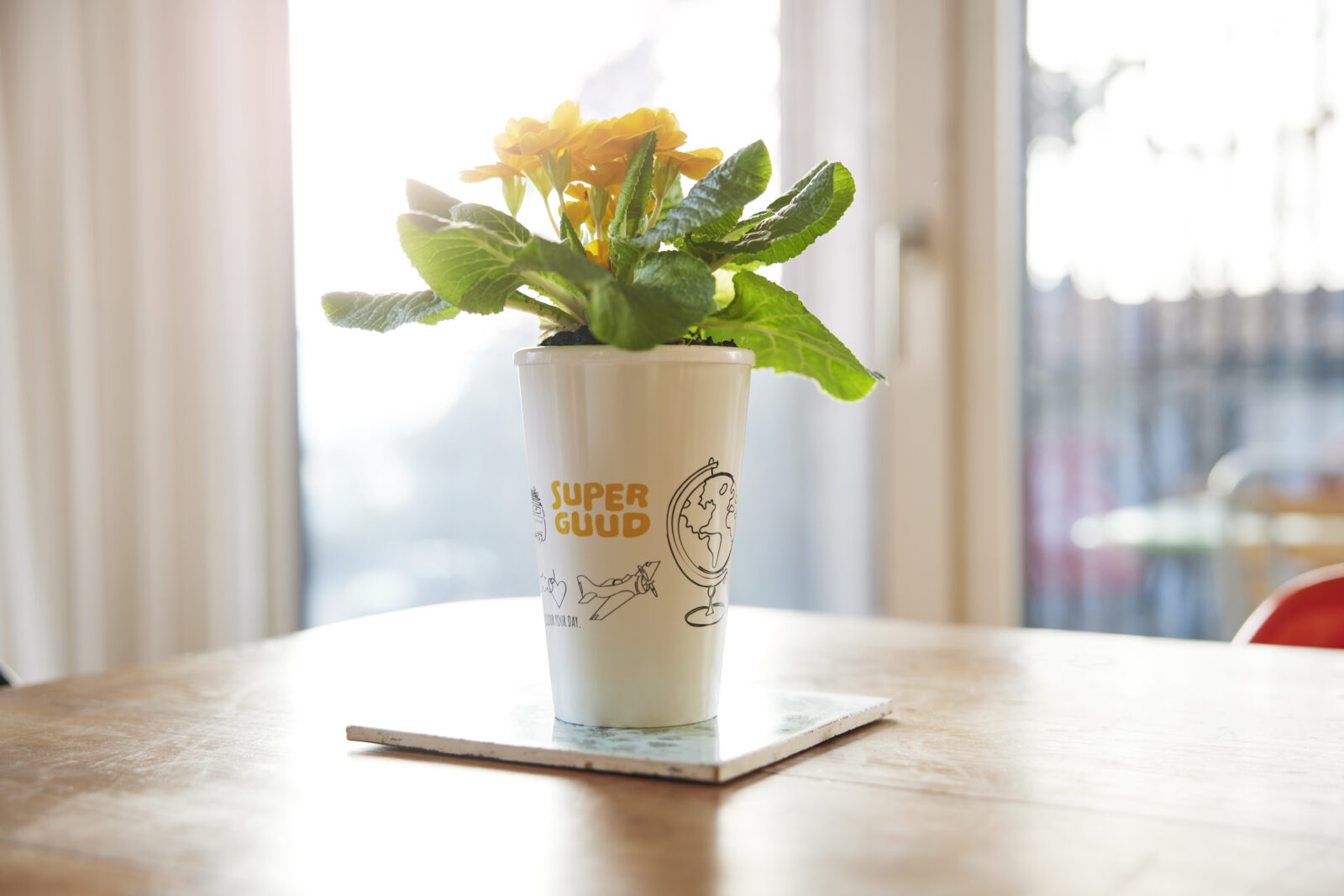
What does it take for customers to make the switch?
Above all, it requires a lot of patience because habits only change very slowly. But we certainly need to be even more proactive in providing information and also offer the right kinds of incentive. We might levy a small surcharge for disposable cups in the future. Psychologically, this has more of an effect than a discount, as the example of plastic bags has shown. Consumption has fallen sharply in Germany and Switzerland since a fee was introduced. But one thing must be noted in the discussion about disposable and reusable cups.
What’s that?
From a sustainability perspective, it is at least as important that Valora has only been using fair trade beans in its own brand coffee throughout the Group since 2020. According to studies, the overall ecological impact of coffee cultivation is four to eight times higer than that of cup production – mainly due to water consumption and the widespread use of pesticides. In addition to a fixed minimum price and requirements for working conditions, Fairtrade certification also includes demanding ecological criteria. We have therefore already taken a big step forward.
Photos and video: Noë Flum.
Sharing made easy:
Draw the attention of friends and colleagues to this story!

